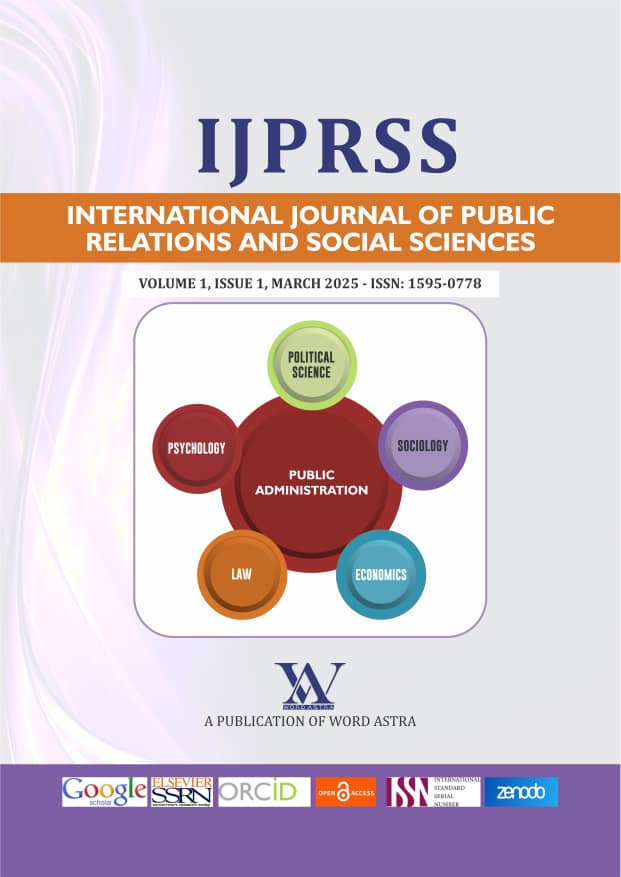
Trade Unionism and Workers' Welfare: An Empirical Analysis of Wage Negotiations and Working Conditions in Akwa Ibom State, Nigeria
Abstract This study explores the impact of trade union activities on workers' welfare in Akwa Ibom State, Nigeria, focusing on wage negotiations and working conditions. Using a mixed-methods approach, data from 387 civil servants affiliated with the Nigerian Labour Congress (NLC) and Nigeria Union of Local Government Employees (NULGE) were analysed. Findings show that unions significantly influence wages, with 80.93% of respondents acknowledging their role in salary negotiations (χ² = 159.31, p < 0.05). However, their impact on working conditions was minimal, with 93.94% reporting dissatisfaction due to delayed promotions, unsafe environments, and inadequate healthcare (χ² = 5.94, p > 0.05). Challenges such as politicised leadership and employer coercion hinder union effectiveness. The study, grounded in the liberal-pluralist framework, highlights unions' limited enforcement power in occupational welfare. The research recommends stronger labour law enforcement, depoliticised leadership, and enhanced worker education, among others.
Download Article


